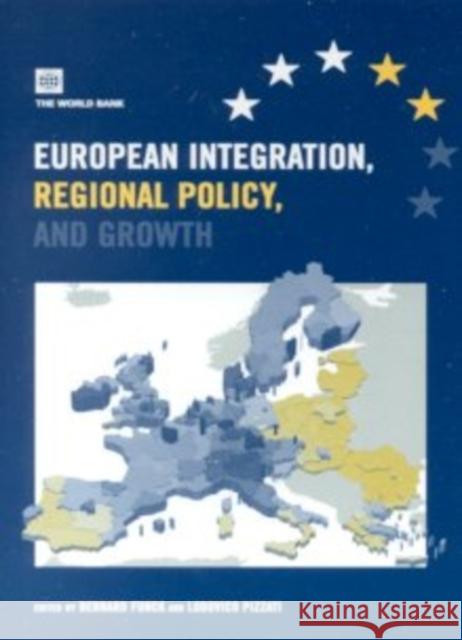European Integration, Regional Policy, and Growth » książka
European Integration, Regional Policy, and Growth
ISBN-13: 9780821353950 / Angielski / Miękka / 2003
The European Union stands out as one of the regions of the world that has most explicitly and deliberately attempted to reduce regional disparities within its membership. How effective this effort has been is a matter of open debate. The current enlargement of the European Union (EU) to less affluent new members gives rise to a fresh set of questions: How can the cohesion objective best be advanced in a context where initial income disparities will now be greater? Will the accession process cause the income of the poorer regions to converge towards EU standards or, to the contrary, will prevailing disparities be exacerbated in the process? What, if anything, can the new members do about this? What help can they expect from the EU structural funds, and how should the funds be applied to maximize the cohesion objective? To answer these questions, the World Bank, the Bertelsmann Foundation, and the CIDOB Foundation brought together leading scholars, senior policy-makers, and practitioners from existing and new EU member countries, as well as representatives from the European Commission to a conference in Barcelona in October 2002. European Integration, Regional Policy, and Growth presents the results of these discussions."











